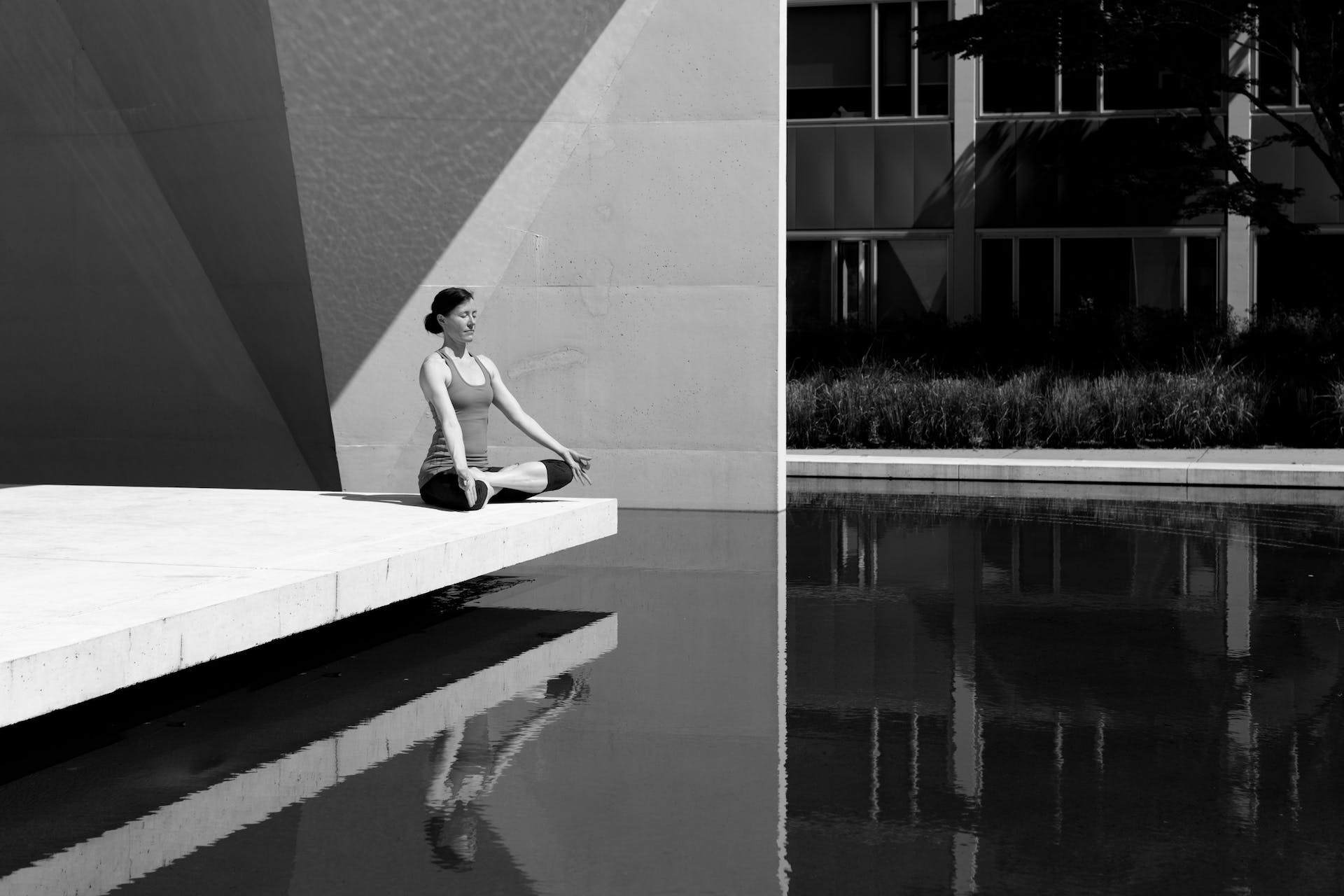In guided meditation, the voice that leads the journey is as critical as the journey itself. The role of voice over in guided meditation is often the linchpin in the effectiveness of a meditation session, bridging the gap between mere silence and a transformative, meditative experience. In this article, we explore the nuances of this unique voice over work and its profound impact on listeners.
The Essence of a Guided Meditation Voice Over
Guided meditation is an auditory journey that aims to bring relaxation, clarity, and mindfulness to individuals. Unlike other forms of voice over work, where the voice may supplement visual stimuli or convey specific information, in guided meditation, the voice is the main vehicle carrying the listener to a state of tranquility and introspection. The voice not only narrates instructions and guidance but also sets the tone, mood, and pace of the meditation.
Key Characteristics of an Effective Meditation Voice
- Tone and Pace: The voice used in guided meditation should exude calmness and serenity. A soothing, gentle tone that moves at a deliberate, unhurried pace invites listeners to relax and let go of their stress.
- Clarity and Simplicity: Clear articulation is vital. The voice should be easy to understand, avoiding complex sentences and opting for simple, straightforward language that listeners can effortlessly follow.
- Emotional Connection: The voice actor needs to establish a connection with the listener, often achieved through a compassionate and empathetic tone. This creates a safe, supportive space for the listener to explore their mindfulness journey.
- Variety and Adaptability: Different meditation sessions may require different vocal styles – a meditation aimed at energizing the listener may require a slightly more upbeat tone, while a session for deep sleep would benefit from a softer, lulling voice.
The Impact of Voice in Guided Meditation
The impact of a well-executed voice over in guided meditation cannot be overstated. It can be the difference between a meditation session that genuinely helps people manage anxiety, stress, and promotes well-being, and one that fails to engage or relax the listener.
- Creating an Immersive Experience: A good voice over can transport the listener to another place, be it a peaceful forest, a serene beach, or just a state of inner calm. The voice becomes the guide through these landscapes, enhancing the immersive experience.
- Facilitating Relaxation and Focus: The tone and rhythm of the voice play a crucial role in helping listeners relax their bodies, quiet their minds, and focus on the present moment. This is particularly important in our fast-paced, often stressful modern lifestyles.
- Guiding the Meditation Practice: For beginners, meditation can be challenging. A guiding voice provides structure and direction, making meditation more approachable and less intimidating.
The Challenges in Meditation Voice Over Work
Producing an effective guided meditation voice over is not without its challenges. Maintaining a consistent tone, infusing warmth without sounding overly dramatic, and ensuring the recording is free from distracting background noises are crucial elements to consider. Additionally, voice actors must be able to convey authenticity and mindfulness, which can only come from a deep understanding and personal experience with meditation practices.
Voice over in guided meditation is a delicate balance of artistry, empathy, and technique. As the demand for guided meditation and mindfulness resources grows, so does the importance of skilled voice actors who can deliver this unique form of voice over work. They are not just narrators; they are guides on a journey to mental and emotional well-being, making their role not just important, but essential in the world of guided meditation.
When a voice actor records for a guided meditation, they’re not merely reading a script; they’re creating an auditory pathway for listeners to explore their inner worlds. The voice becomes a tool, not just for communication, but for healing and transformation. The cadence, tone, and timbre of the voice need to be carefully modulated to match the intended effect of the meditation. Whether it’s for stress relief, sleep, anxiety reduction, or spiritual connection, the voice is the bridge that helps listeners cross from their everyday state of consciousness into a more reflective and serene headspace.
Safe and Nurturing Environment
The part of a voice actor in guided meditation also extends to the creation of a safe and nurturing environment. The meditation space is a personal and intimate one, and the voice that fills this space needs to be trustworthy and comforting. This requires the voice actor to not only understand the technical aspects of their craft but also to possess a deep empathy and a genuine desire to help others. It’s this sincerity and authenticity that make a guided meditation truly resonate with its audience.
Furthermore, voice over work in guided meditation often involves a level of personalization that is not commonly found in other forms of voice acting. A meditation script may be tailored to address specific issues such as insomnia, anxiety, or personal growth, which demands a versatile and sensitive approach from the voice actor. They must be adept at adjusting their delivery to suit the specific needs and sensitivities of their audience, making each session feel personal and directly relevant to the listener.
The importance of the voice in guided meditation also lies in its ability to evoke imagery and emotion. Through the use of descriptive language and a carefully modulated tone, the voice actor can paint vivid mental pictures that help listeners visualize peaceful scenes or confront inner emotions. This aspect of voice acting is particularly powerful, as it can help facilitate deeper levels of relaxation and introspection, making the meditation experience more profound and effective.
The impact of a well-executed guided meditation can be significant. For many people, these sessions are a source of comfort, a tool for coping with stress, and a pathway to greater self-awareness and peace. The voice actor, therefore, plays a pivotal role not just in guiding the meditation, but in potentially improving the overall well-being of the listener. This responsibility is what sets guided meditation voice over work apart from other forms of voice acting. It’s not just about delivering a script; it’s about facilitating a journey of well-being and self-discovery.
Meditation voiceovers requires a blend of technical skill, emotional intelligence, and a genuine connection to the practice of meditation. The voice actors who excel in this field are those who understand the power of their voice as a tool for healing and transformation, and who approach their work with empathy, sincerity, and a deep commitment to the well-being of their listeners. As the world continues to embrace mindfulness and meditation, the role of these voice artists will only grow in importance, shaping the experiences and supporting the journeys of those seeking tranquility and inner peace.

